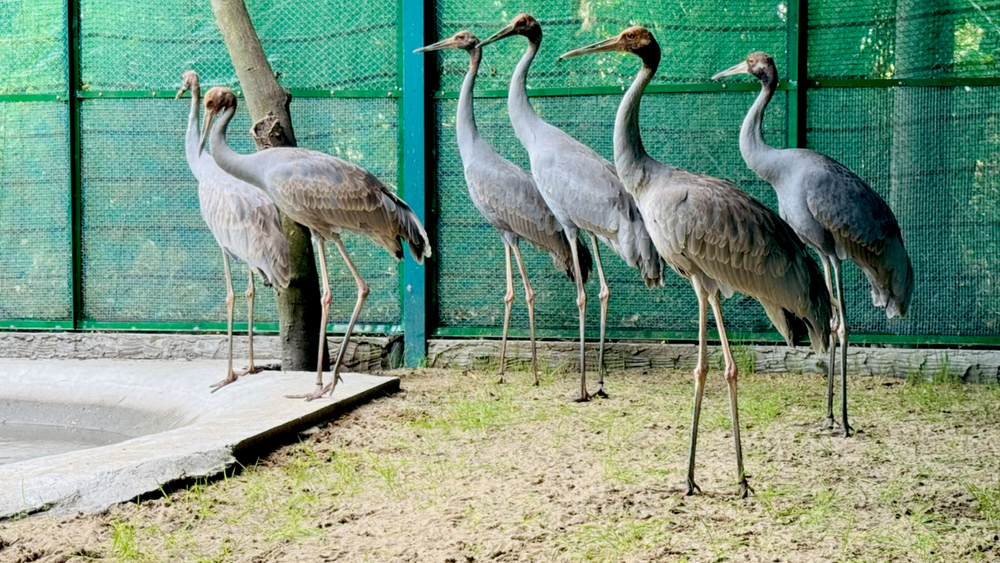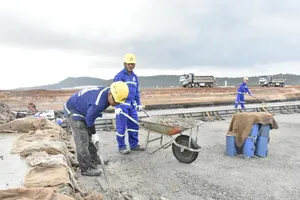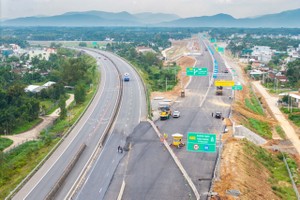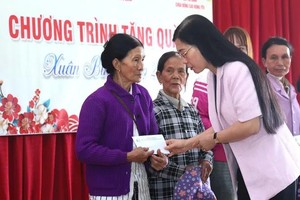The Dong Thap Provincial People's Committee today announced plans for the next phase of the Red-crowned Crane Conservation and Development Project at Tram Chim National Park.

As part of the initiative, the park staff will be sent to Thailand to receive specialized training in crane incubation, chick rearing, breeding, and post-release monitoring. Concurrently, Dong Thap will invite international experts to conduct on-site training at Tram Chim National Park, aimed at enhancing the technical expertise of local personnel.
These efforts are designed to ensure that Tram Chim National Park staff gain comprehensive knowledge and skills in caring for, raising, and protecting the wild population of red-crowned cranes.
The Dong Thap provincial People’s Committee has announced additional steps in advancing the Red-crowned Crane Conservation and Development Project at Tram Chim National Park.
In preparation for the project’s second phase, set for 2026, the province will strengthen both the project’s executive board and its associated professional working groups. Simultaneously, detailed plans for transporting red-crowned cranes to Tram Chim are being finalized. Upon arrival, the park will begin a structured program to release the cranes into the wild.
Earlier, Tram Chim National Park successfully received six red-crowned cranes, which were initially kept in captivity under the guidance of Thai experts and with support from the International Crane Foundation.
According to Park Director, Nguyen Van Lam, the cranes gradually adapted to their new care conditions. Unfortunately, one crane died during this acclimation period. Post-mortem analysis conducted by relevant authorities found no evidence of trauma, infection, or internal parasites. The cause of death was identified as physical weakness, which led to decreased resistance and adaptability.
























